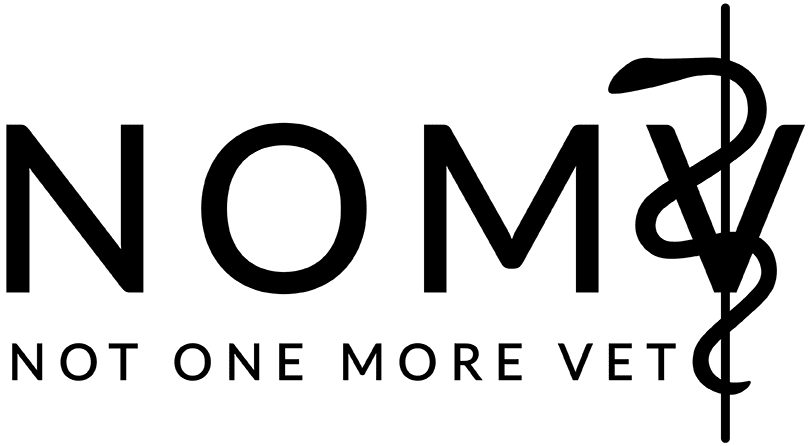Part 1: Mentorship Matters – What to Ask Before You Accept
Blog Series: Choosing Your First Practice – A Guide for New Veterinary Graduates
Part 1: Mentorship Matters – What to Ask Before You Accept
By Noel Salazar, CVPM, NOMV Education Volunteer
Choosing your first practice as a new graduate can be a daunting task. With today’s aggressive recruiting strategies for veterinarians, it is common to have several options even before graduating from veterinary school. It is essential to carefully consider which clinic is right for you during this influential stage of your career. Selecting the wrong clinic can adversely affect your job satisfaction and mental well-being. Conversely, choosing the right clinic can provide you with the professional development you need, not just clinically, but in all areas of your career trajectory.
Here are some critical areas to consider as you take this first step. By doing this, you will not only maintain the motivation and inspiration that have brought you this far, but you will also alleviate the mental and emotional strain that often accompanies uncertainty. Although this article specifically addresses veterinarians, many of these concepts can apply to all roles within a clinical setting.

Mentorship
The most pressing concern for new veterinarians is the need for mentorship. A 2022 report by the American Veterinary Medical Association (AVMA) reveals that 84% of new graduates prioritize mentorship above all other factors when looking for employment, with location, workplace culture, and compensation following closely behind. Interestingly, a 2024 survey conducted by the Veterinary Hospital Managers Association found that only 77% of the clinics surveyed provide formal mentoring programs for Doctor of Veterinary Medicine (DVM) graduates.
Mentorship is an important aspect to consider. As a new graduate, you should inquire whether a clinic offers a mentorship program, and it should be explained to you in detail. Look for a clear and structured program, and be cautious of vague or generalized answers when you ask about it.
Questions to ask:
- Is the mentorship structured according to the types of cases I will be encountering?
- Are there scheduled times for case reviews?
- Does the mentorship cover topics beyond just clinical skillsets?
- How many new graduates have been hired as DVMs in the past?
Sources:
American Veterinary Medical Association. (2022). Chart of the month: New veterinarians prioritize mentorship. https://www.avma.org/blog/chart-month-new-veterinarians-prioritize-mentorship
Veterinary Hospital Managers Association. (2024). Insider insights: Management trends (July 2024, p. 1). VHMA.
(Use this format since it’s a PDF report without individual authors.)
Firestone, P. (2019). The stress equation: Only two ways to manage stress. Psychology Today. https://www.psychologytoday.com/us/blog/what-matters-most/201906/the-stress-equation-only-two-ways-manage-stress
Recent Posts
About Us
NOMV addresses well-being in the veterinary medical community through evidence driven programming that raises awareness on mental health in the community while providing innovative prevention and intervention programming.
